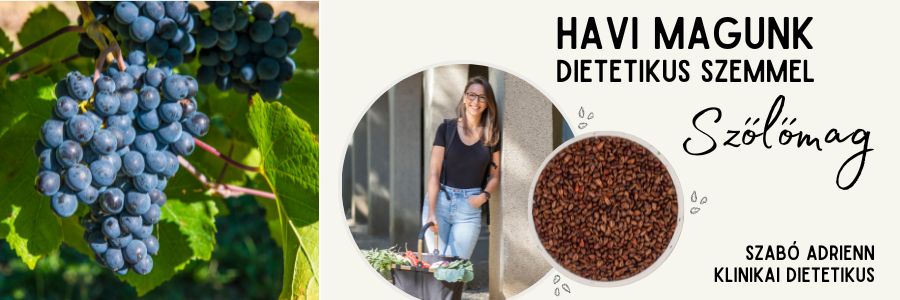
There are the eternal questions to a dietitians:
- If you could mention only one thing we can do for our health, what would it be?
- What do you consider the biggest problem in domestic nutrition?
- Which food is the most effective for supporting health?
Fortunately, these popular yet seemingly simple but complex questions have answers – thanks to grapes.
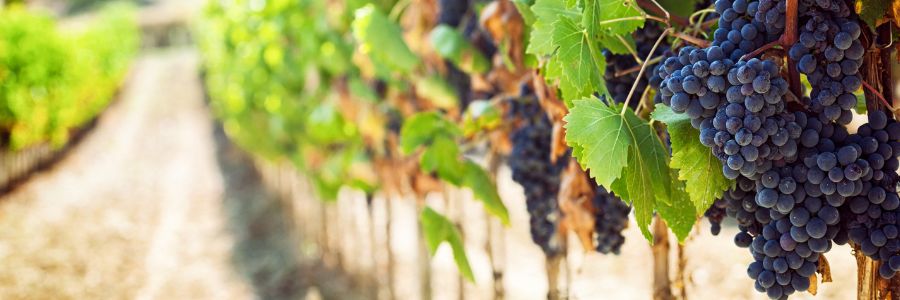
In our country, wine consumption is quite significant, and while it wouldn’t hurt to reduce it*, I highly recommend the consumption of food products derived from the byproduct of wine production – for their beneficial effects. This byproduct is none other than grape pomace.
How does grape pomace contribute to our health protection?
One of the consequences of an unequal nutrition is, the following nutrients might be consumed less than necessary:
- Unsaturated fatty acids
- Antioxidants
Grape pomace (including the fruit’s seeds, skin and some of the flesh) is rich in these. The seed is a reservoir of unsaturated fatty acids (with over 70% of the seed’s fat content being polyunsaturated fatty acids), while the dry matter – the side product of the oil pressing –, as well as the dried skin abound in antioxidants.
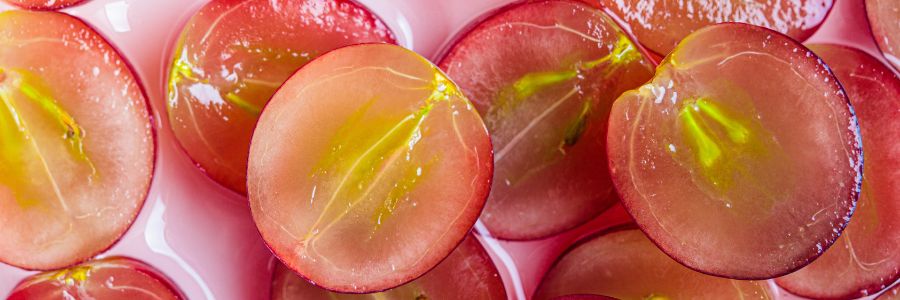
Why is an insufficient intake of unsaturated fatty acids and antioxidants a problem?
The danger lies in the fact that we don’t immediately feel the lack of them! Nobody suffers if a day passes with just buttered bread, fried turkey with parsley potatoes, and salami pizza. Quite the opposite!
However, these dietary patterns (along with other social and lifestyle factors) in the long run lead to the development of so-called lifestyle diseases, which are characterized by underlying inflammatory processes. These include conditions such as high blood pressure, obesity, atherosclerosis, tumors, inflammatory bowel diseases, depression, Alzheimer’s, and more.
We might think that in the daily flood of information, there are plenty of advice guiding our health behaviors in the right direction, but unfortunately, panic is still common. For example, that oil is bad, and we should rather eat butter and cook with fat! Fruits make you gain weight, and their sugar content is harmful, so it’s better to eat only vegetables! And that grapes have such high sugar content that we shouldn’t even mention their name, let alone put them in our mouths!
However, with a balanced diet rich in unsaturated fatty acids and antioxidants, we could support the anti-inflammatory processes of the body.
Red grape skin and seed – hence grape seed oil and grape seed flour – are rich in beneficial biomolecules and polyphenols, including resveratrol. Resveratrol is a widely studied polyphenol that may play a role in reducing the occurrence and treatment of diseases related to various metabolic disorders. It is increasingly being recognized for its impact on the health of the gut flora, and it seems that the antioxidant compounds in blue grapes positively influence the composition of the gut microbiome, thereby having anti-inflammatory effects. Promising studies have also emerged regarding the reduction of inflammation severity in inflammatory bowel diseases (IBD) and the involvement of resveratrol in anti-cancer processes.
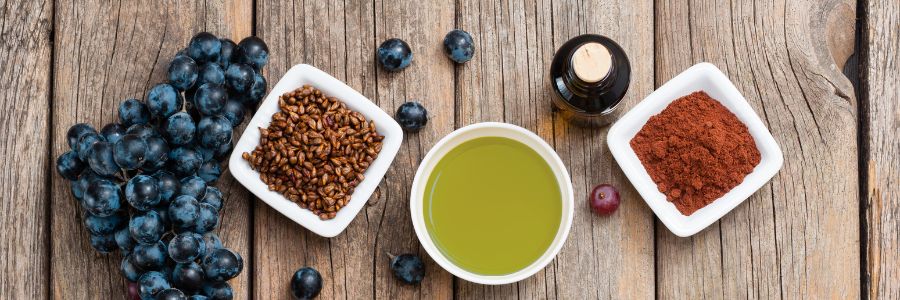
Is there a downside to excessive antioxidant consumption?
Indeed, what has an effect can also have side effects! It’s essential to note that beneficial free-radical scavenging compounds are also free radicals. Therefore, when we emphasize adequate intake, we are not only campaigning against low intake but also warning consumers against over-dosage. Excessive antioxidant intake can lead to prooxidative, i.e., harmful effects. The good news, however, is that with naturally consumed plant-based compounds, overdose is avoidable, and their consumption is beneficial and safe. In the case of processed products (dietary supplements), always adhere to the recommended intake!
Although our bodies generate their own free-radical scavenging mechanisms, under intensive stress, this alone may not be sufficient.
While the unsaturated fatty acid content of grape seed oil is almost similar to that of olive oil, its beneficial polyphenol content can be much higher, depending on the manufacturing technology.
The most gentle and environmentally friendly way of extracting oil is cold pressing.
To preserve our health, let’s continue to emphasize diversity. Let’s try something new whenever possible, and when cooking, use different fats.
Interesting facts about grape seed flour:
During cooking, the beneficial polyphenols of red grape seed flour remain active, and their quantity does not decrease, so we can confidently incorporate them into various dishes during baking and cooking.
Melatonin found in grapes, which accumulates in grape seeds, helps regulate the sleep-wake cycle, making sleep more restful. Many fear evening carbohydrate consumption, yet sugar (glucose) is necessary for tryptophan (an essential amino acid) to exert its effects, leading to serotonin and then melatonin production. So, if someone consumes carbohydrates for dinner in a balanced way (baked goods, legumes, starchy vegetables) and enhances it with a little grape seed flour (mixed into sandwich spreads, baked into bread dough), don’t be afraid; it’s not the “food coma” that ensures a good night’s sleep, but perhaps the dream fairy received excellent ammunition.
Our „GRAPE” PODCAST is now available on our YouTube channel! Tune in!
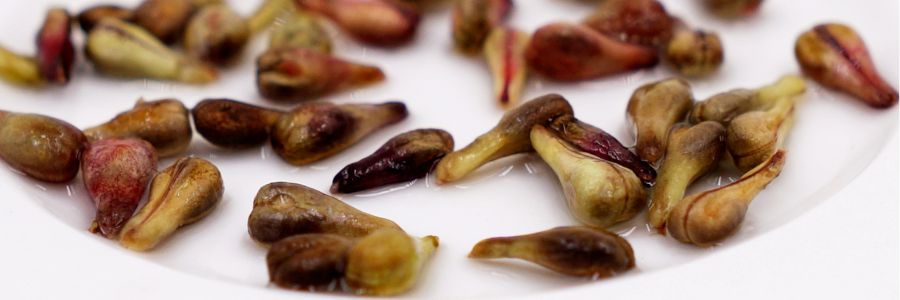
Wine and alcohol consumption is a serious problem in our country, but breaking this down is an endless story because it truly revolves around everything but simply nutrition science. However, it’s worth taking the facts to heart: based on a 26-year, follow-up study involving 195 countries, the most prestigious health professional journal (The Lancet) stated that no disease can reduce its risk of development, but reducing alcohol consumption is beneficial for any disease.

